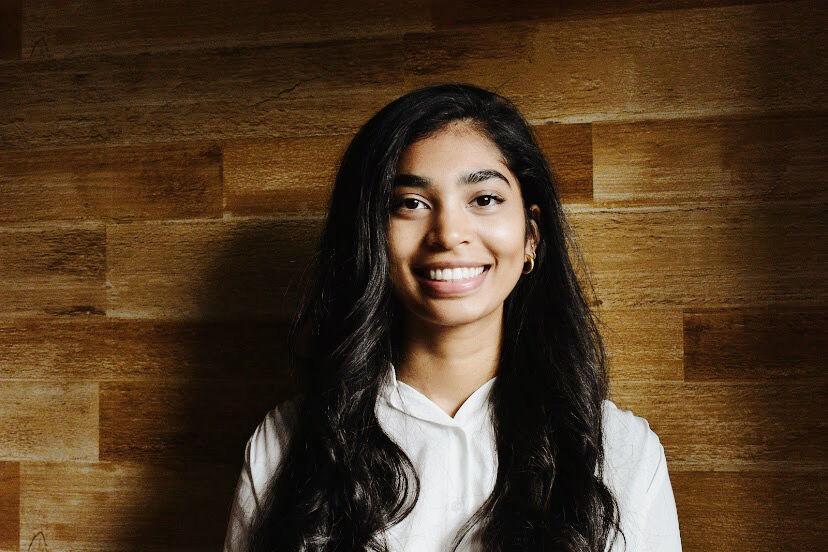In season one, episode 13 of “New Girl,” Schmidt, the neurotic roommate who has a penchant for Paul Ryan, accompanies Jessica Day on a date for Valentine’s Day. Irritated by this intrusion she asks him to leave, saying she will take a cab home. His response?
“It’s a horrible neighborhood, OK? There are youths everywhere.”
When I watch this scene now, I laugh because at the old age of 22, I get what he means. Us college students are the very youths that Schmidt seems to despise so much.
If we take a trip down memory lane to the beginning of the fall 2020 semester, it will do us well to remember how many individuals contracted COVID-19, with universities shutting down in-person classes after only one or two weeks. This semester isn’t any different, yet we’ve decided that we no longer care about the damage we do to ourselves or to others. We are college students, where we believe we are protected by our youth and untouchable to the pain and grief that is left in the wake of this virus.
The reality is that many college towns seem to be like this, some of them much worse than others. College students act as if they are immune to getting sick, and even if they do happen to contract the coronavirus, they presume that they will quickly and effectively get over it. I find that these college institutions seem to believe the same. Therefore, they focus more predominantly on the revenue and business aspect of keeping schools open and classes partially in person.
We fail to address the truth that, though we live in college towns, we also live in actual communities with people who do not fit into the “youths” age group that Schmidt fears. These are parents, grandparents and individuals who already have health issues that label them as at-risk, among others. These are people in our communities who are susceptible to being exposed to the virus that has taken 398,000 lives in the United States alone and over 2 million world wide.
I think we should consider addressing when college students receive the vaccine. I don’t believe we deserve it more than more susceptible individuals. On the contrary, if we are so careless about our health then we shouldn’t receive handouts before others who are more deserving. However, we are on college campuses largely because universities ask us to be here, and we do affect more people than we realize in the cities and towns that we live in.
College students are only likely to get the COVID-19 vaccine in April at the earliest, and only around half of these adults will choose to get the vaccine. It’s hypocritical to act as though reopening schools is a top priority when stressing the importance of college-aged adults receiving the vaccine is not.
To be clear: I don’t think college students are more deserving than doctors, therapists or those who have compromised immune systems. More simply, I think we should confront the truth of when college students will receive the vaccine and our state rollout plans considering these areas are breeding grounds for the spread of the virus.
In the end, Schmidt was right to be scared of us. We are everywhere, even in a pandemic, and I’m not sure we’re better for it.














